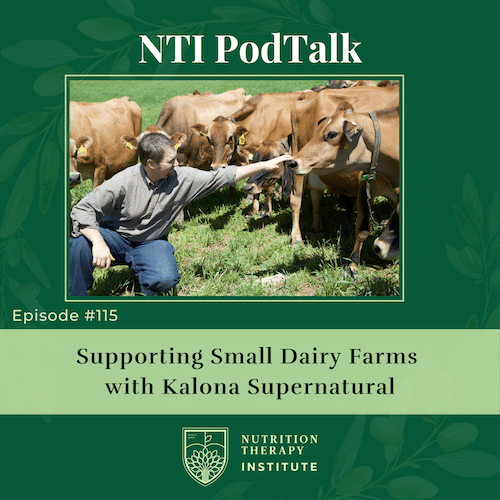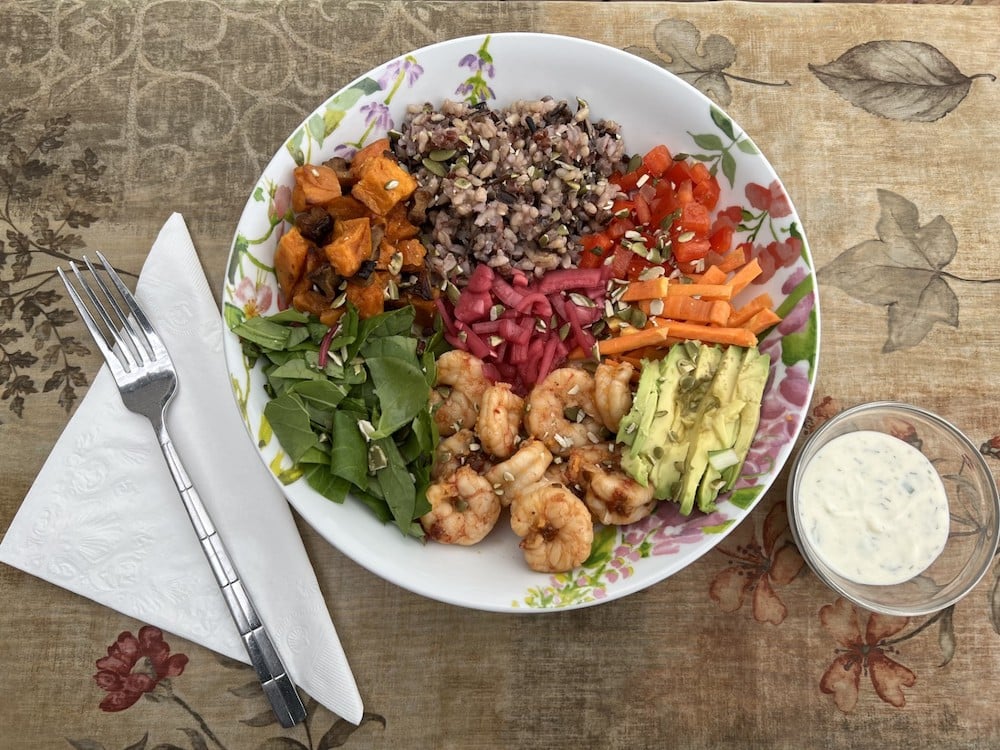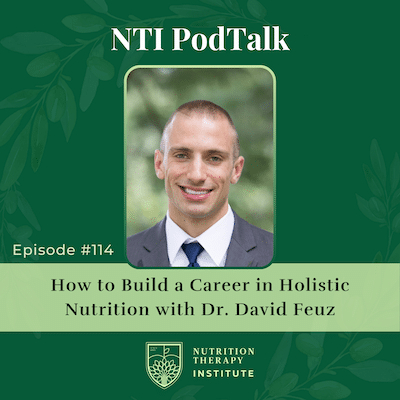
Share this post!
Welcome to Part 2 in our series addressing the impact of stress on our health. In the first blog post, we discussed the slippery slope of restrictive diets. In this post, we’re going to examine how stress impacts digestion and nervous systems and discuss ways to generate a truly holistically healthy relationship with food.
Too much of a good thing can ultimately be harmful when it comes to maintaining a specific diet. Whether it elicits overt sensations of stress or not, thoughts that are constantly calculating and assessing lead to imbalances, for which our bodies are not programmed.
How Stress Impacts Digestion
There is a fine line between healthy and obsessive eating, and stress is a factor that must be considered. If you experience shame around eating, are always eating on the go, or struggle with the “right” and “wrong” foods to eat, you may be compromising your body’s digestive ability.
When the body senses stress, whether as overt anxiety or something as subtle as eating in front of a screen, digestive ability becomes impaired. According to an article published in the Journal of Psychology and Pharmacology, stress refers to any real or perceived threat to the homeostasis of an organism, eliciting adaptive responses to maintain internal stability and ensure survival. The gut is specifically sensitive to stressors and responds with changes to gastric motility, mucosal permeability, gastric secretion, and mucosal blood flow.
Fight-or-Flight Response
This happens because stress, or the perception of stress, sends the autonomic division of the nervous system into the sympathetic response, otherwise known as fight-or-flight.
In colloquial terms, this can be understood with the reasoning that as we have evolved, our bodies have continued to respond in the same way to a conflict at work as they used to respond to the threat of a wooly mammoth. We instinctively prioritize the ability to fight, flee, or play dead until the threat is no longer present. This prevents blood flow to parts of the body that are not immediately required for our safety, such as the gastrointestinal tract.
Experimental studies have also shown that stress slows transit time in the small intestine, compromises the intestinal wall, and encourages overgrowth of pathogenic bacteria. Because 70-85% of our immune system lives in the gut, this can mean serious risk for inflammation, viral and bacterial infections, and chronic gastrointestinal distress.
To sum it up, stress can cause the body significant and measurable harm. The world of holistic health and nutrition can be rife with expectations and restrictions. This can lead to stress, which ultimately goes against everything we know about supporting the health of the body. Using therapeutic diets to heal is a wonderful alternative to medications and antibiotics, but is it possible to find balance within the restrictions? I think so.

What to Do
I spent a year and a half restoring a gut that was infected, inflamed, and highly sensitive, so I know that holistic healing takes time and is often non-linear. Since dropping the idea that any little indulgence was an enemy to my health, I have more ease and acceptance of the process – which is exactly what therapeutic nutrition is. I now perceive food as balancing, joyful, and life-giving, whether I’m treating myself or participating in a more restrictive diet for therapeutic reasons.
As I’ve continued my own health journey, I’ve seen my body become stronger and more balanced through periods of feast and famine, restriction and indulgence. When we seek sustained health, every step we take in the right direction is a step toward accomplishing our goals.
Don’t Be Afraid to Indulge… Occasionally
Even if you’re on the so-called “hook” of a therapeutic diet, let yourself indulge from time to time: Not in a destructive ‘I’m going to eat everything that sounds delicious’ kind of way, but rather, ‘I’m going to let myself enjoy the heck out of this treat and then get back to supporting my long-term goals’ kind of way. Stick to the 80/20 or 90/10 rule, and give yourself a break 10-20% of the time. Know that whatever you choose is okay, and try to remove any judgment. A treat is not a cheat, not bad or terrible, but something to enjoy in that moment.
Reach Out
If you feel shame around body image or your specific dietary choices, I invite you to seek support from a professional. Mindfulness practices like meditation and gentle yoga can help us create more of a feeling of being at home in our bodies. Avoid eating in the car or in front of a screen to keep the stress response low. Most importantly, if you feel like the stress of being healthy has taken over your mission of well-being, know that you’re not alone. Reach out to your fellow students, seekers, athletes, and community members for support.
Wherever you are along your health journey, know that it’s exactly where you’re meant to be. We can’t get to where we’re going without being exactly where we are.
Anneliese Pyatt is a certified Master Nutrition Therapist and graduate of NTI. She targets gut health to reverse degenerative and inflammatory conditions.
Images: Image by Jaymantri is licensed under CC0 1.0; Image by Andrea Piacquadio is free for use by Pexels
Share this post!


















